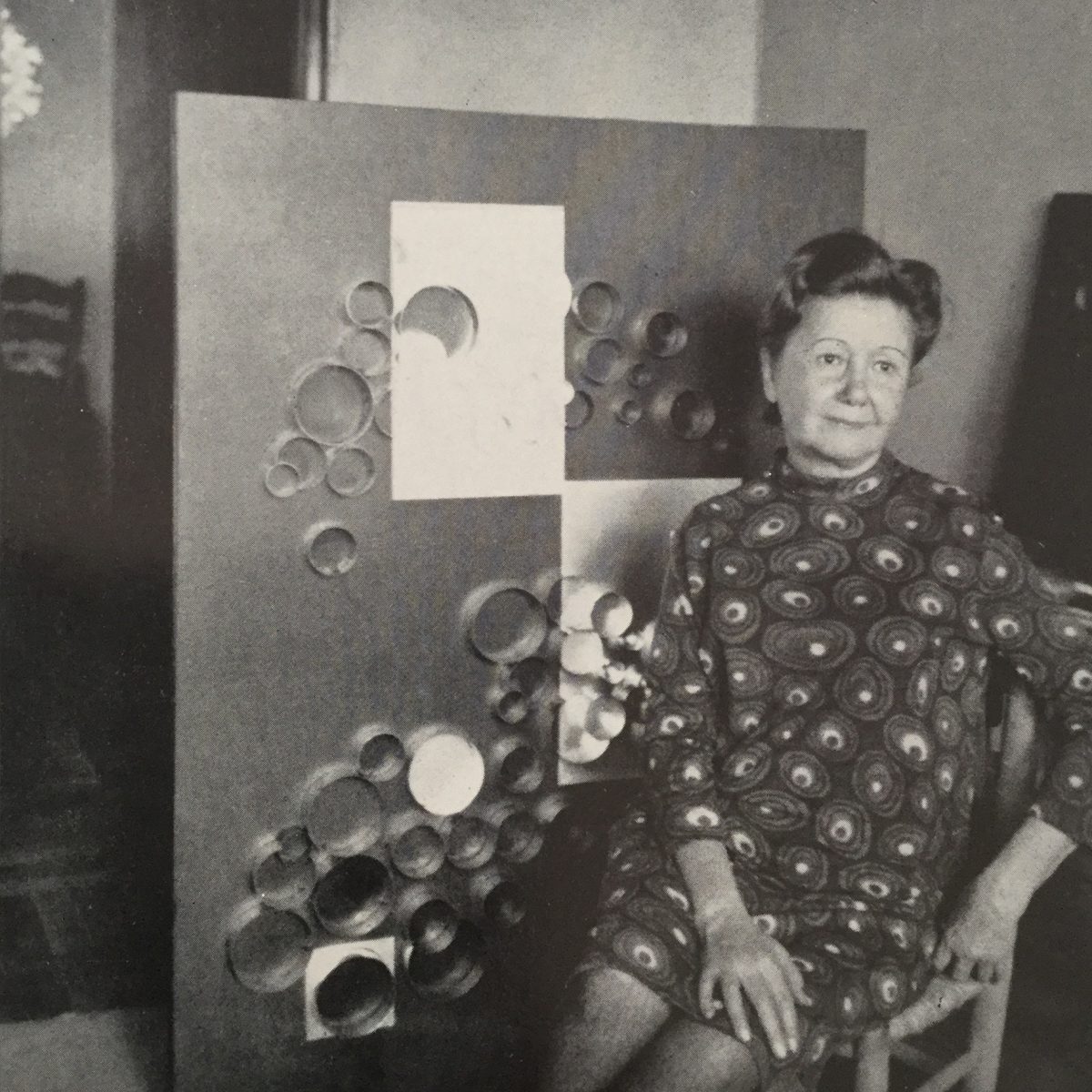1. How and when is your passion for art born?
Well, I do not think it was a precise moment, I think it is something that you bring from a young age, I always remember feeling encouraged by certain things through drawing or the pleasure of seeing details in images or in anything.




